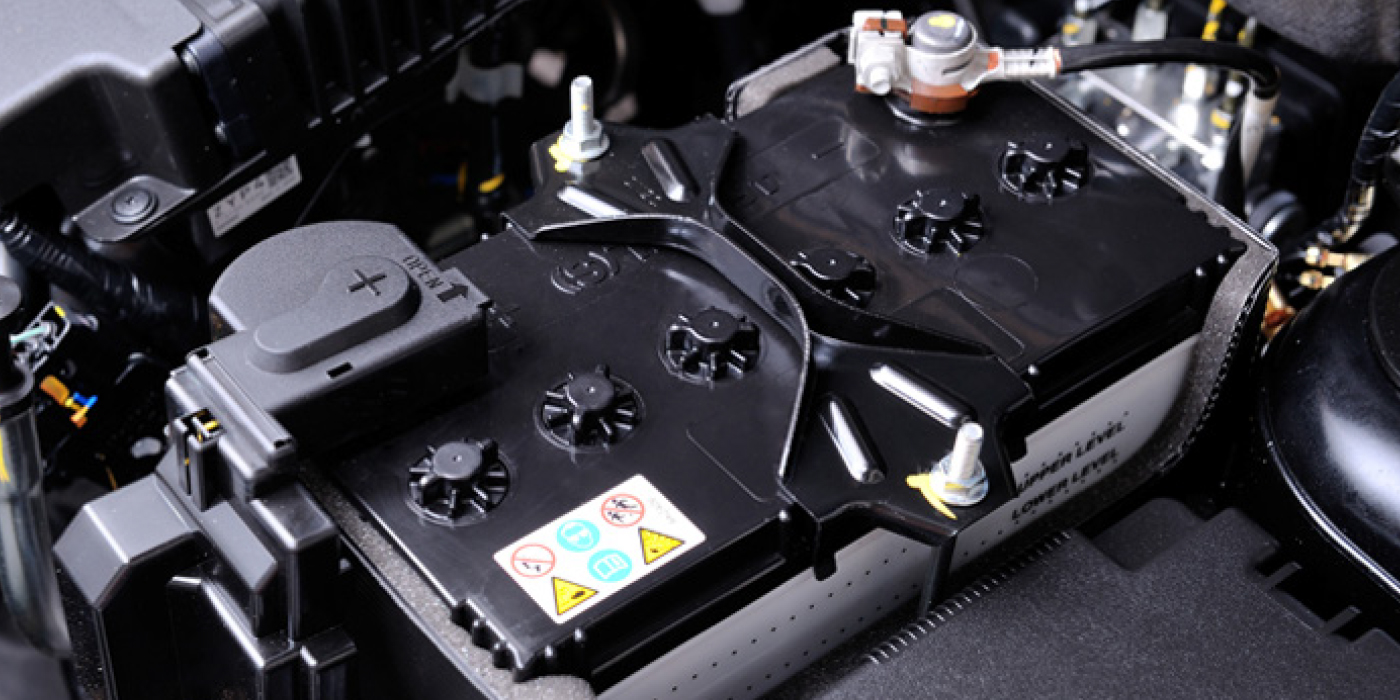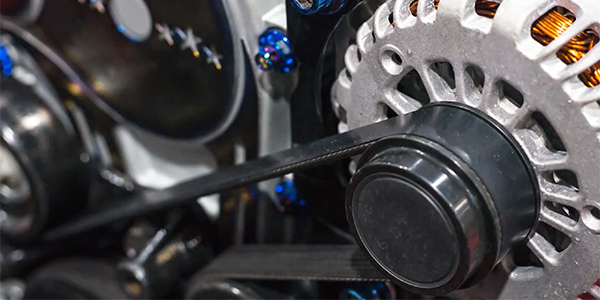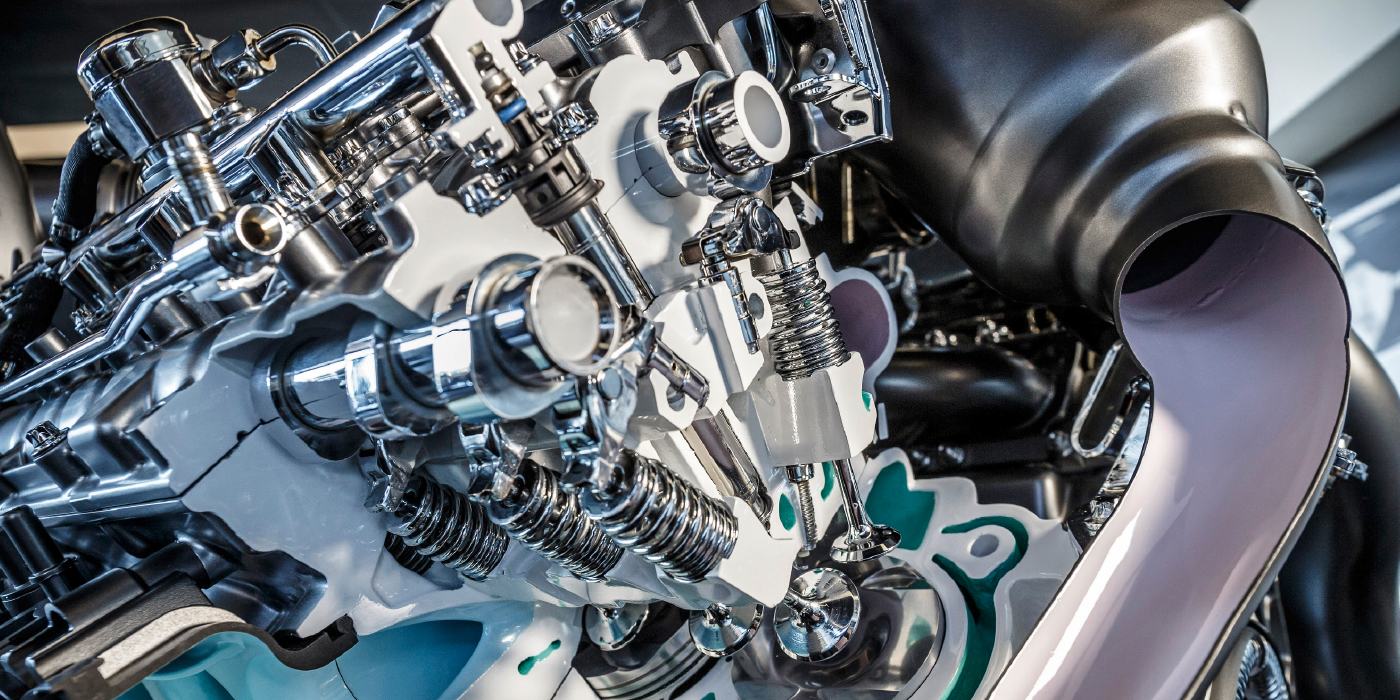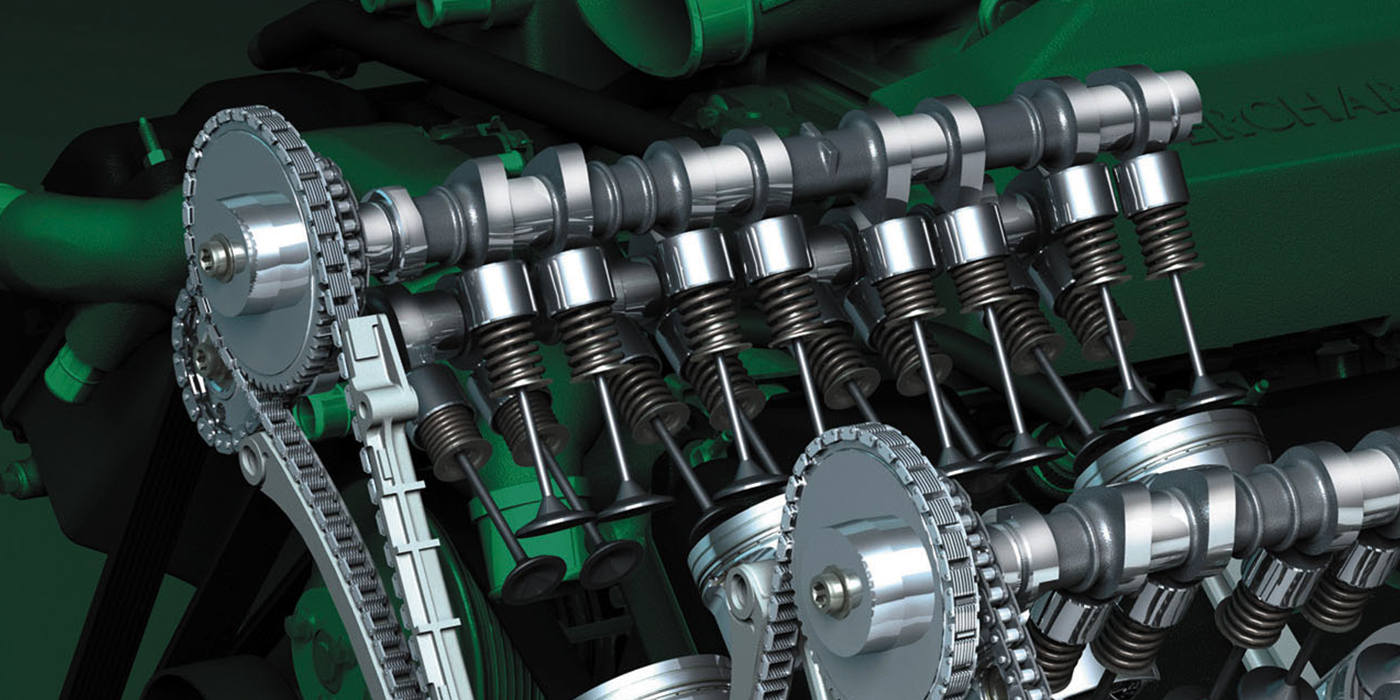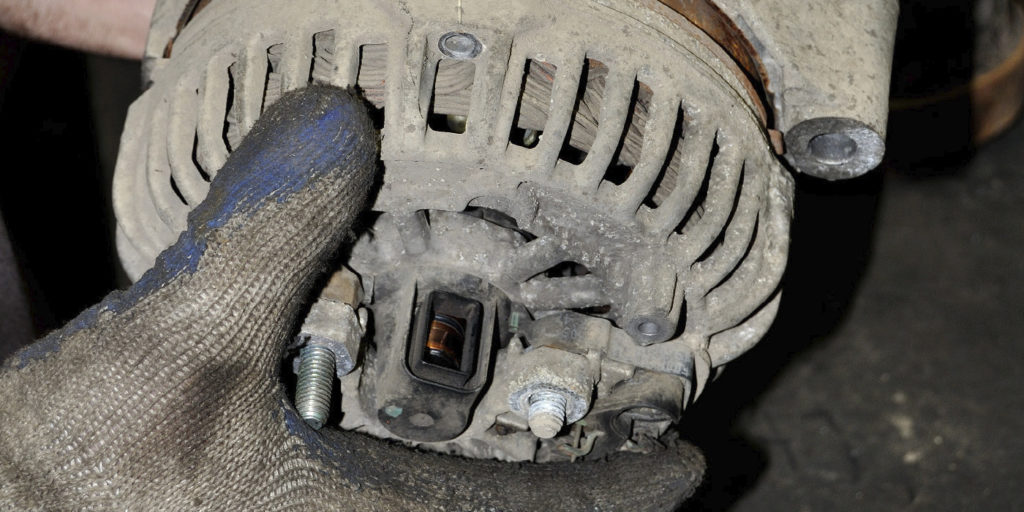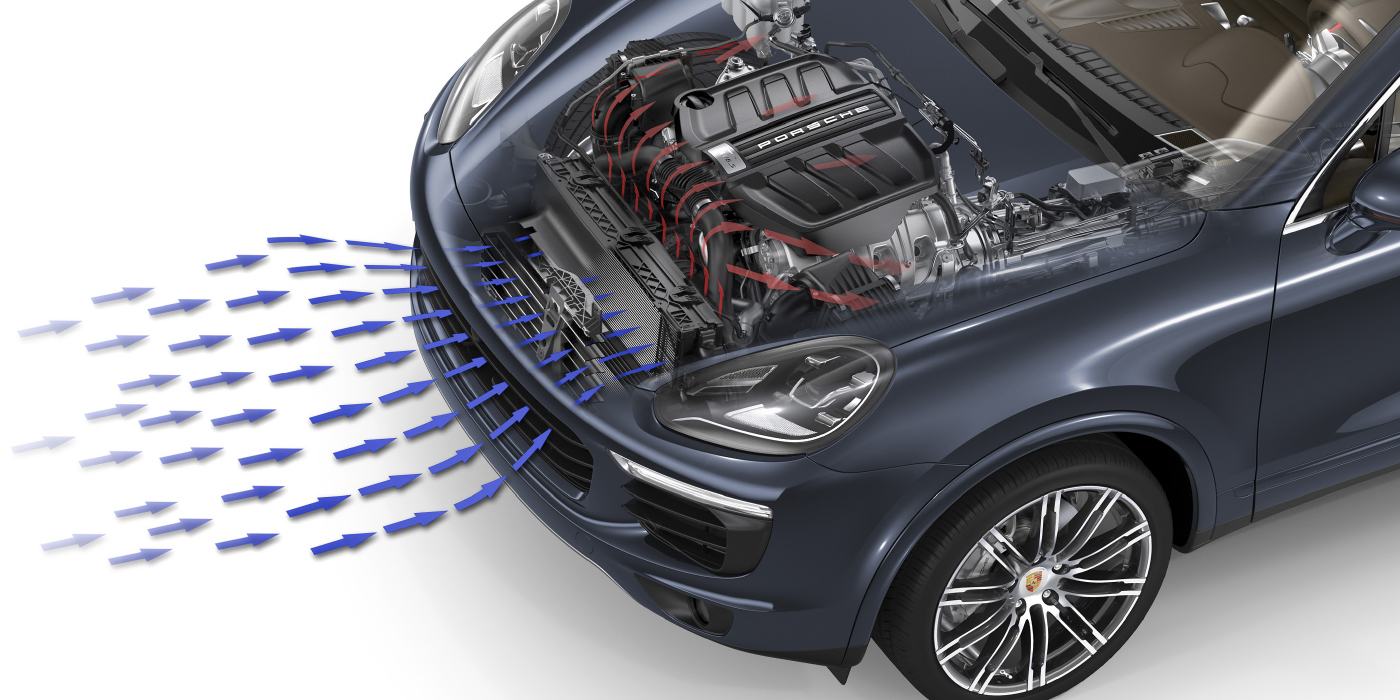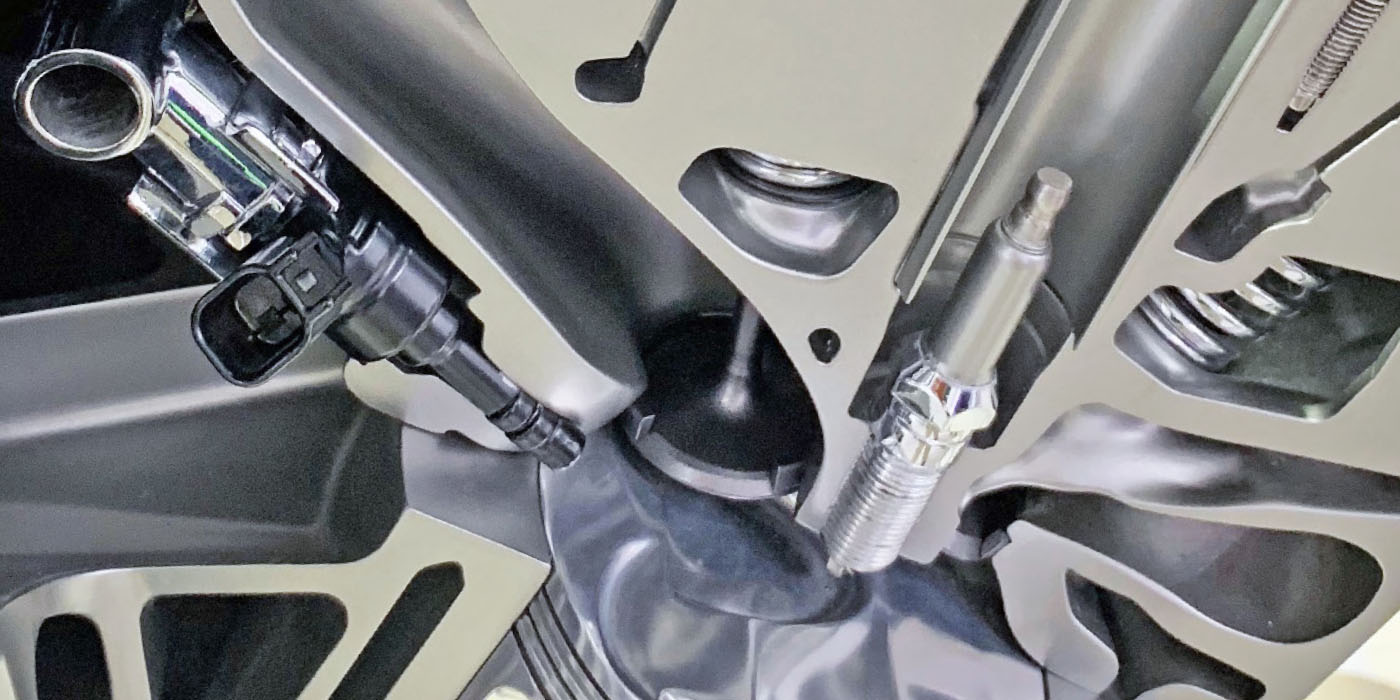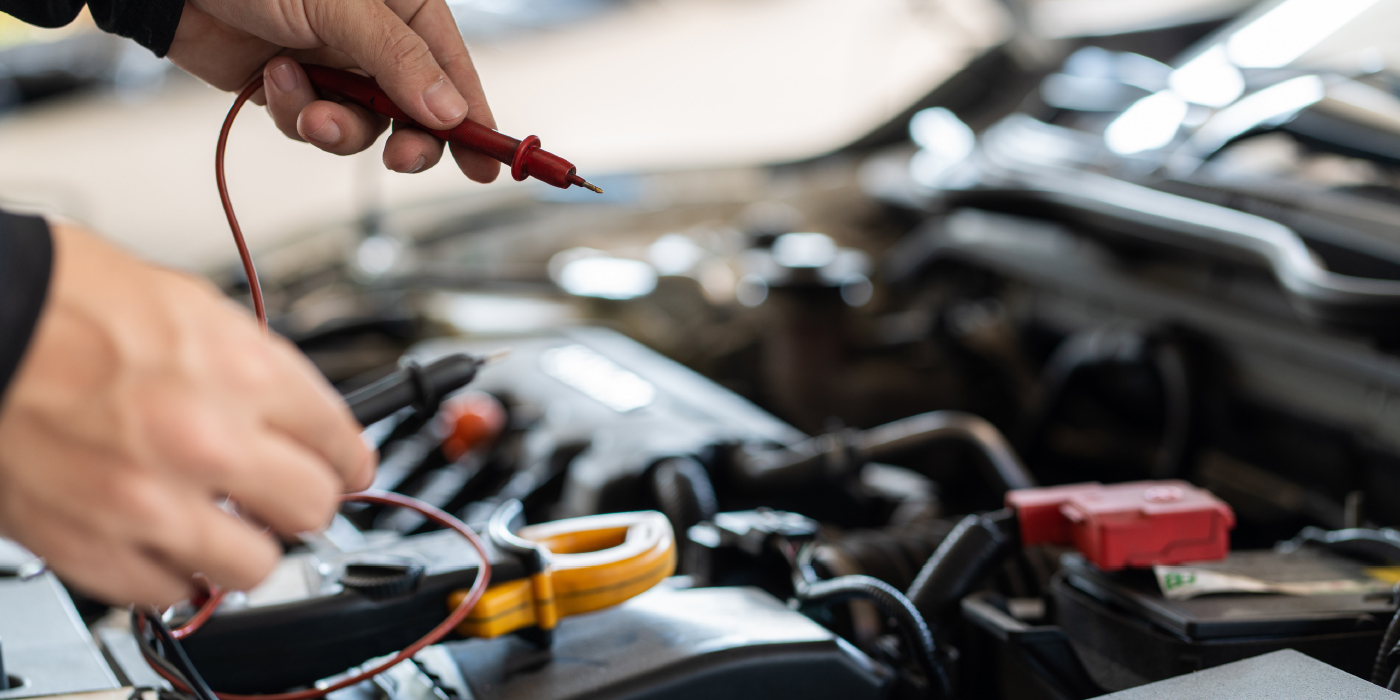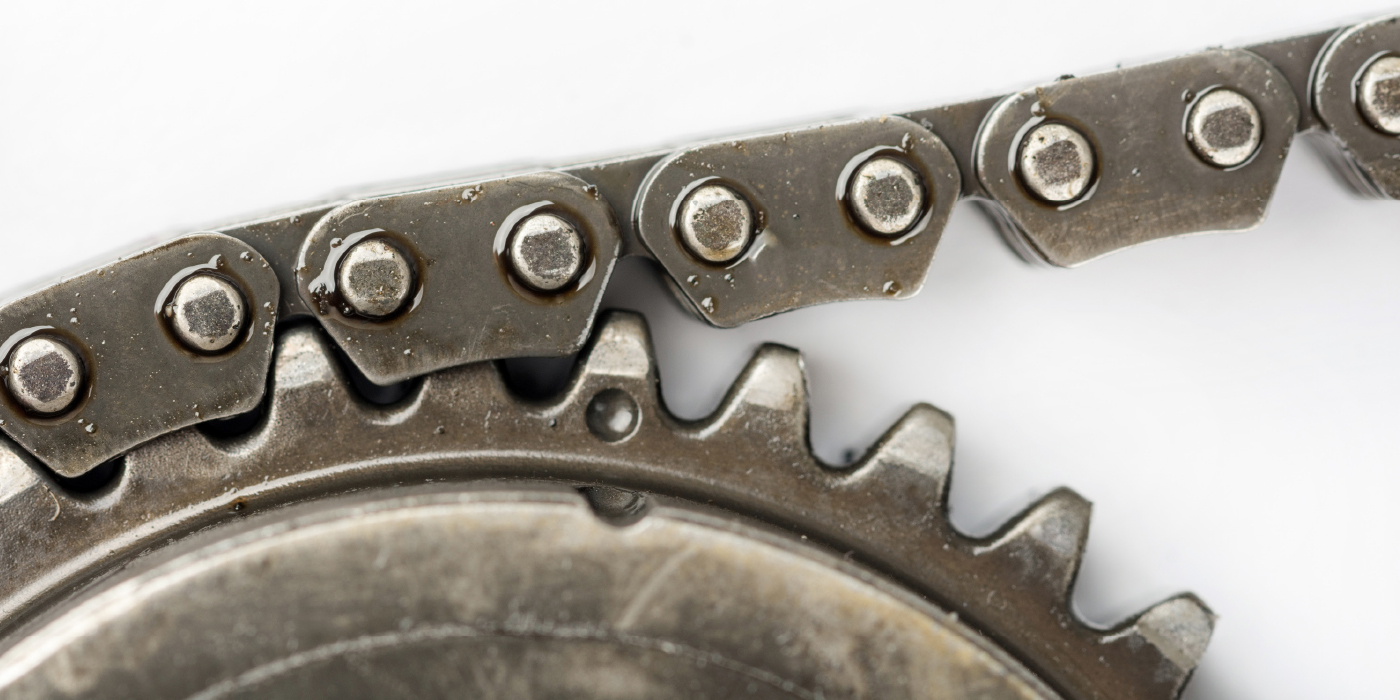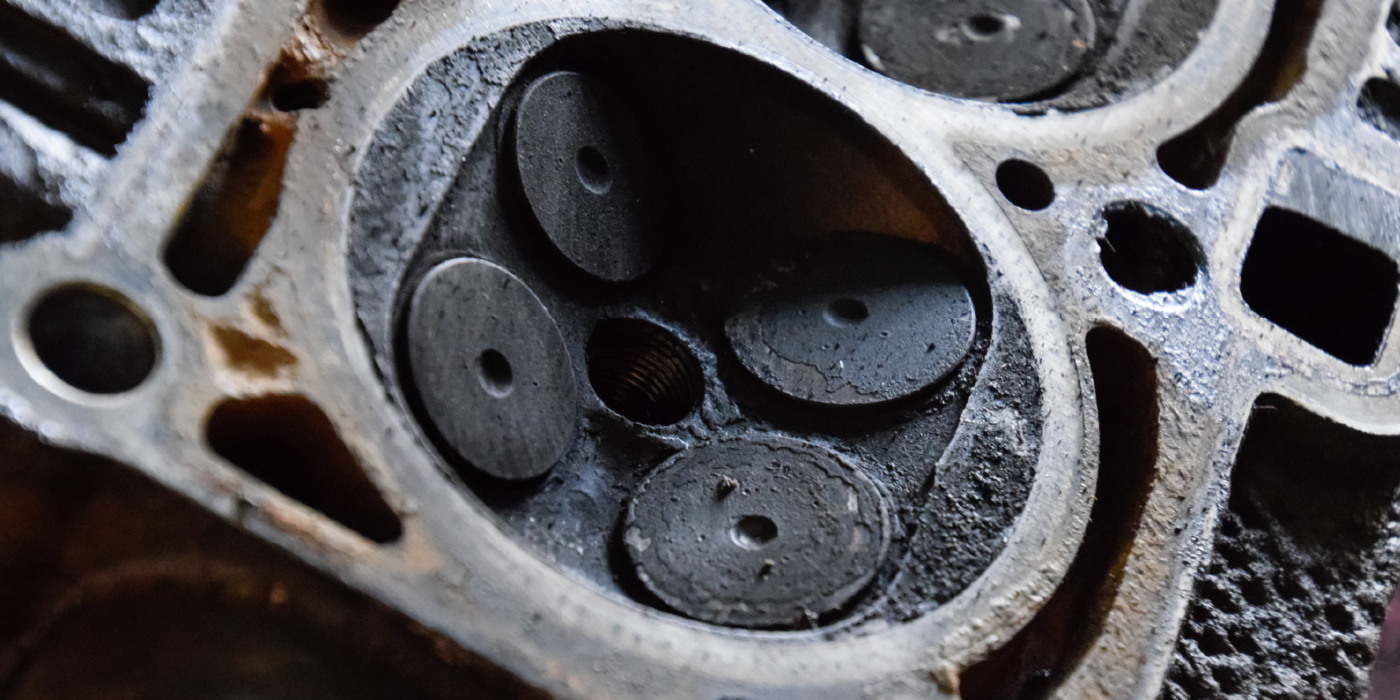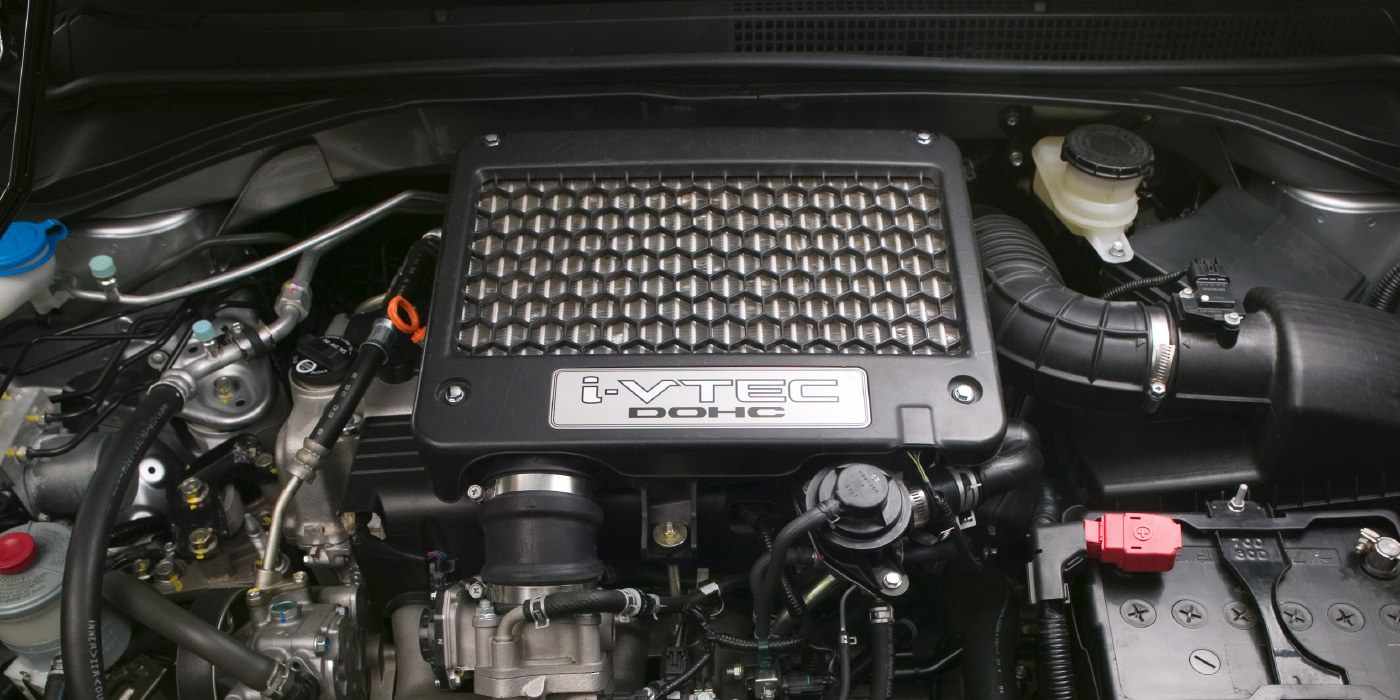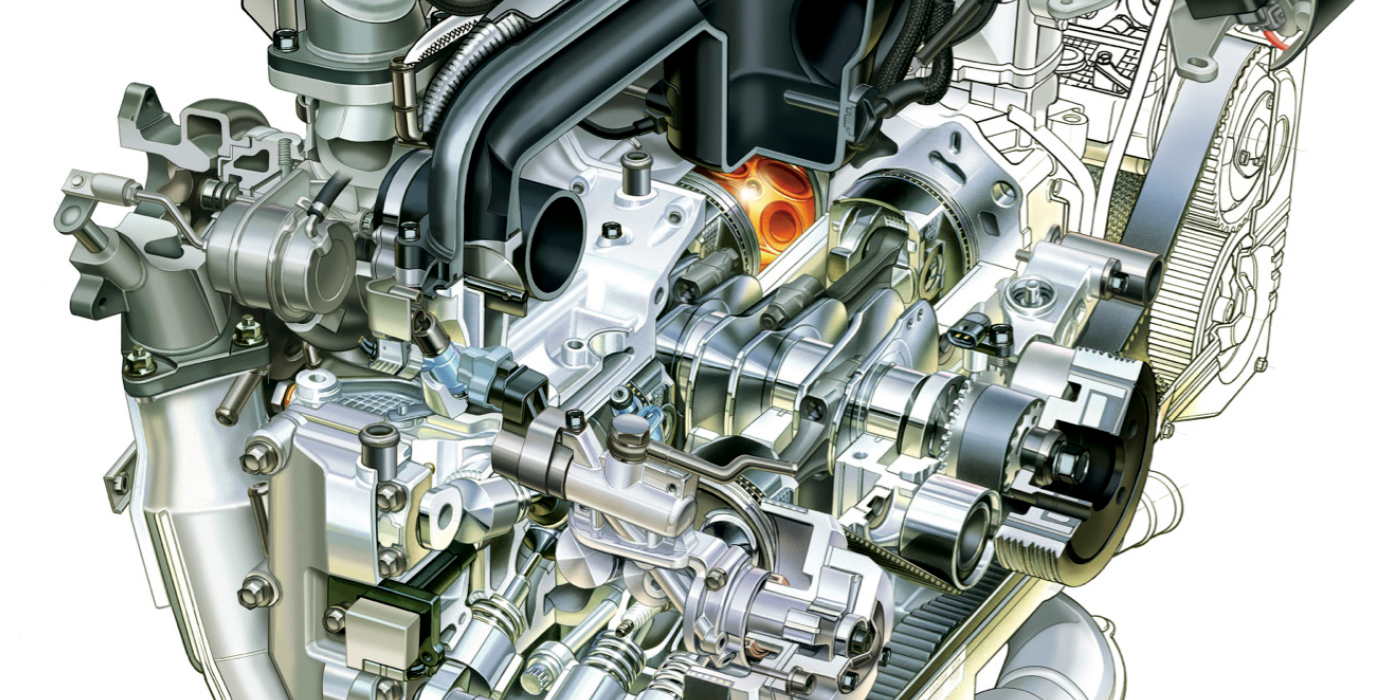Turbocharged engines require proper maintenance especially when the vehicle is used under severe driving conditions such as moderate-to-hard acceleration and engine braking on a somewhat regular basis.
In any case, it’s recommended that the engine oil and filter be changed every 3,750 miles (6,000 km) or 3-3/4 months.
In addition, the mesh screen which is located inside the banjo bolt that secures the turbocharger oil supply pipe to the back of the right-side cylinder head should be checked to make sure it’s not clogged or restricted, especially if the condition of the oil is questionable or as to when the last oil change was performed. If it’s clogged or restricted, it will reduce or cut off the oil supply to the turbo resulting in failure. The oil supply pipe should also be checked to make sure that there are no obstructions.
Note: The mesh screen is available only with a replacement banjo bolt.
Make sure the mesh screen is installed in the proper direction; incorrect installation will cut off oil supply to the turbo.
Do not confuse the oil supply mesh screen with the Active Valve Control System (AVCS) union screw filter. Refer to Service Bulletin 02-97-05 dated 10/06/05.
When the vehicle is used under severe driving conditions, the engine oil is consumed more quickly than under normal driving conditions due to high intake manifold vacuum during engine braking and higher temperatures; the engine oil level should be checked at every fuel fill up.
Courtesy of Mitchell 1.
For more information on Mitchell 1 products and services, automotive professionals can log onto the company’s website at www.mitchell1.com.

